What To Look For In Night Vision Binoculars ?
When looking for night vision binoculars, there are several factors to consider. First, consider the generation of the night vision technology. The higher the generation, the better the image quality and range. Second, consider the magnification and objective lens size. A larger objective lens will allow more light to enter the binoculars, resulting in a brighter image. Third, consider the field of view and the distance at which the binoculars can focus. Fourth, consider the durability and weather resistance of the binoculars, especially if they will be used in harsh environments. Finally, consider the battery life and type of batteries required, as well as any additional features such as image stabilization or recording capabilities.
1、 Image quality
What to look for in night vision binoculars? One of the most important factors to consider is image quality. The ability to see clearly in low light conditions is the primary reason for using night vision binoculars, so it's essential to choose a model that provides a clear and sharp image.
When it comes to image quality, there are several factors to consider. The first is resolution, which refers to the number of pixels in the image. Higher resolution means a clearer and more detailed image. Another important factor is the quality of the optics, including the lenses and coatings used. High-quality optics can improve image clarity and reduce distortion.
In recent years, there have been significant advancements in night vision technology, including the use of digital image sensors and image processing algorithms. These advancements have led to improved image quality and reduced noise, making it easier to see in low light conditions.
Other factors to consider when looking for night vision binoculars include the magnification level, field of view, and durability. It's also important to consider the intended use of the binoculars, as different models may be better suited for hunting, surveillance, or other activities.
Overall, when looking for night vision binoculars, it's essential to prioritize image quality and choose a model that provides a clear and sharp image in low light conditions.
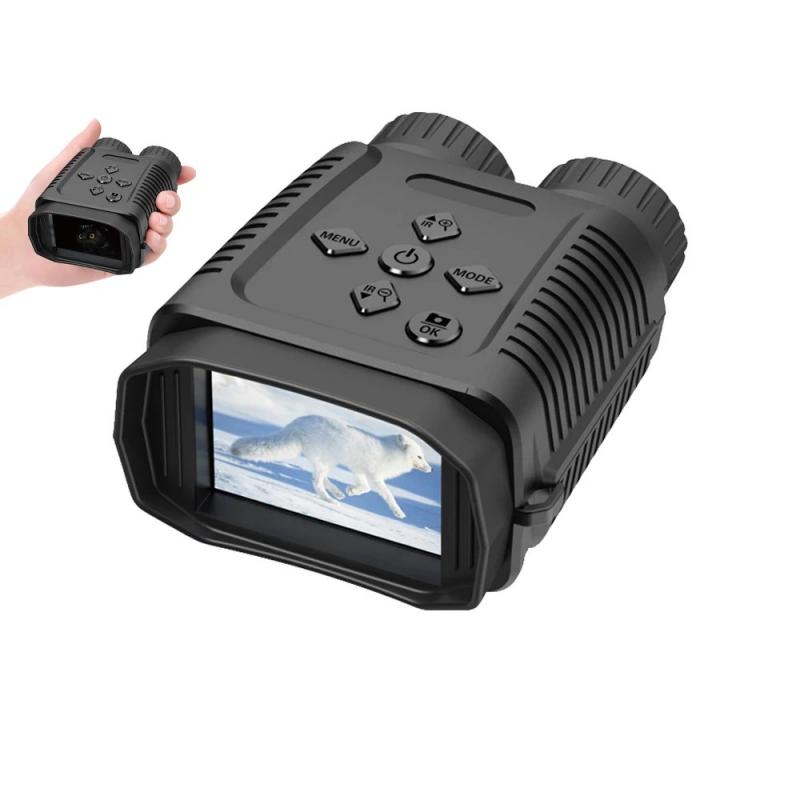
2、 Magnification power
What to look for in night vision binoculars? Magnification power is one of the most important factors to consider. The magnification power determines how much closer you can see an object. A higher magnification power means you can see objects in greater detail, but it also means a narrower field of view and a shakier image. For night vision binoculars, a magnification power of 5x to 7x is recommended. This provides a good balance between magnification and stability.
However, it's important to note that magnification power is not the only factor to consider. The quality of the optics, the size of the objective lens, and the type of night vision technology used are also important. The latest night vision technology uses digital sensors and image processing to provide clearer and sharper images. These binoculars are also more affordable than traditional night vision binoculars.
Another important factor to consider is the durability and weather resistance of the binoculars. Night vision binoculars are often used in harsh environments, so they need to be able to withstand extreme temperatures, moisture, and impact. Look for binoculars with a rugged and waterproof design.
In summary, when looking for night vision binoculars, consider the magnification power, quality of optics, size of objective lens, type of night vision technology, durability, and weather resistance. The latest night vision technology offers clearer and sharper images at an affordable price, making it a great option for those in need of night vision binoculars.
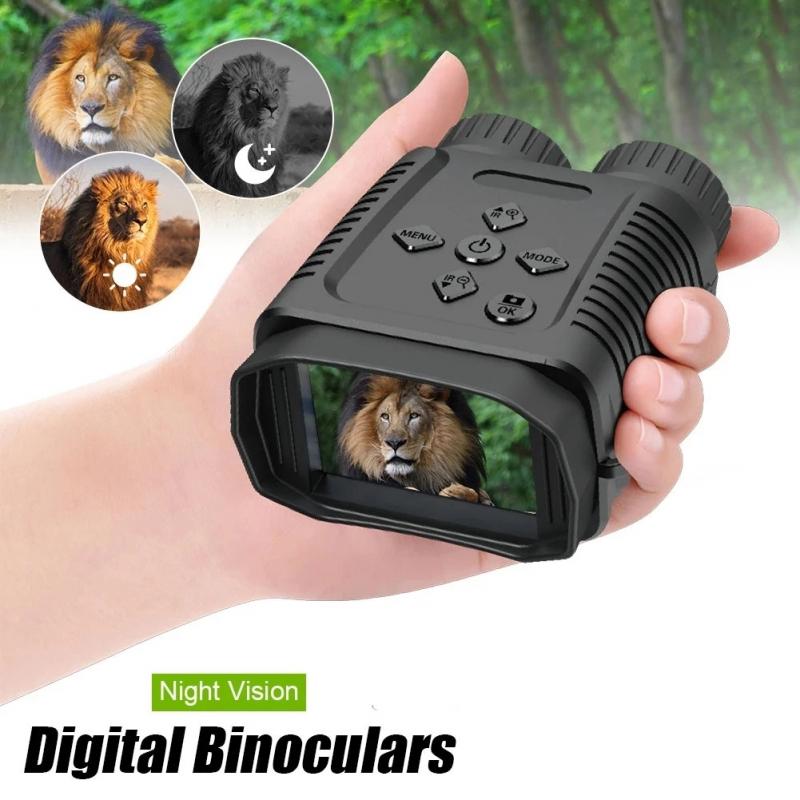
3、 Infrared illuminator
What to look for in night vision binoculars? One of the most important features to consider is the infrared illuminator. This is a built-in light source that emits infrared light, which is invisible to the naked eye but can be detected by the night vision device. The infrared illuminator helps to enhance the visibility of objects in low-light or no-light conditions, making it easier to see and identify targets.
When choosing a night vision binocular, it is important to look for one with a powerful and adjustable infrared illuminator. The strength of the illuminator will determine how far you can see in complete darkness, while the adjustability will allow you to fine-tune the brightness and focus of the light to suit your needs.
In recent years, there has been a trend towards using digital night vision technology, which often includes an infrared illuminator. These devices use a digital sensor to capture and amplify available light, and the infrared illuminator helps to enhance the image quality in low-light conditions. Some digital night vision binoculars also offer the ability to record video or take photos, which can be useful for surveillance or wildlife observation.
Overall, the infrared illuminator is a crucial feature to consider when choosing a night vision binocular. It can greatly improve your ability to see and identify targets in low-light or no-light conditions, and the latest digital technology has made it easier than ever to capture and record your observations.
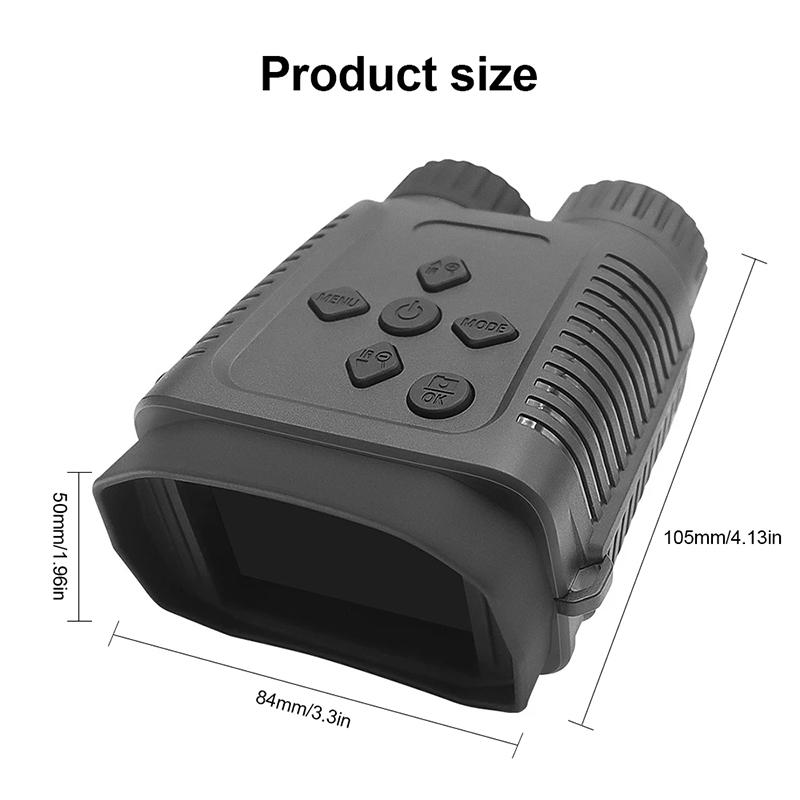
4、 Field of view
What to look for in night vision binoculars? One of the most important factors to consider is the field of view. This refers to the width of the area that can be seen through the binoculars at a given distance. A wider field of view allows you to see more of your surroundings, making it easier to spot targets and track movement.
When it comes to night vision binoculars, the field of view can be affected by a number of factors, including the quality of the optics, the size of the objective lens, and the magnification power. Generally speaking, higher magnification will result in a narrower field of view, while larger objective lenses can help to increase the field of view.
However, it's important to note that a wider field of view doesn't always mean better performance. In some cases, a narrower field of view may be preferable, particularly if you're trying to focus on a specific target or area. Additionally, some users may find that a wider field of view can be disorienting or difficult to use in certain situations.
Ultimately, the best field of view for your night vision binoculars will depend on your specific needs and preferences. It's important to consider factors like the environment you'll be using them in, the types of targets you'll be tracking, and your own level of experience and comfort with different types of optics. By taking the time to research and compare different models, you can find the night vision binoculars that offer the best combination of performance, features, and value for your needs.
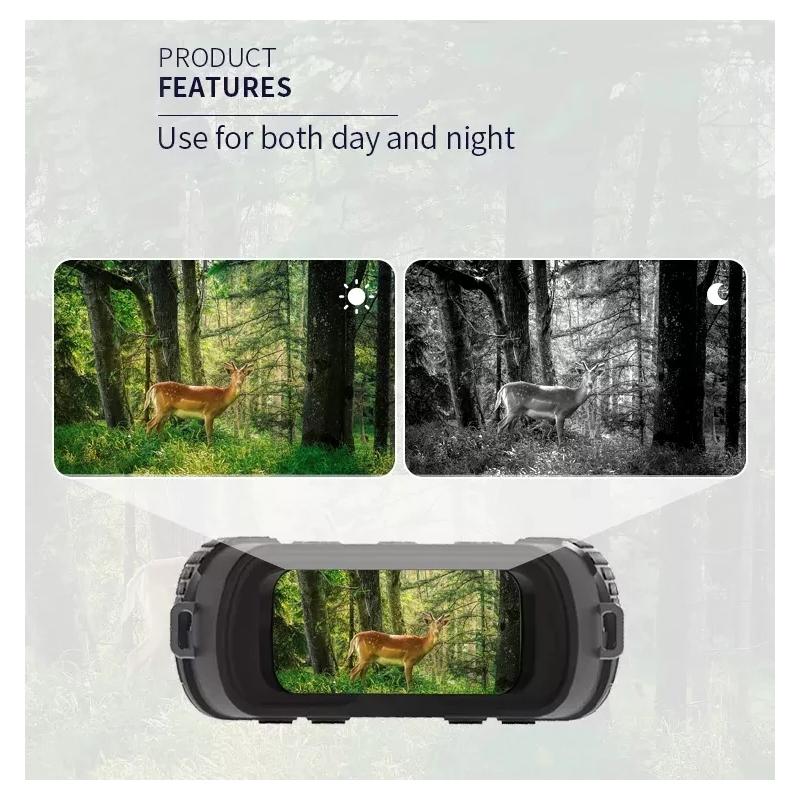




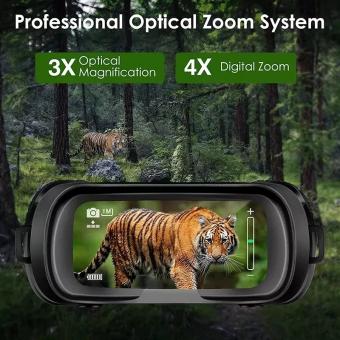



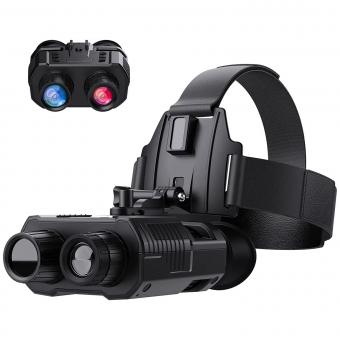

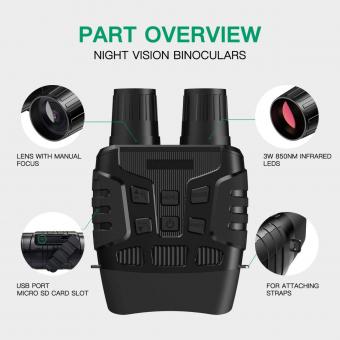
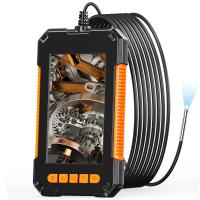
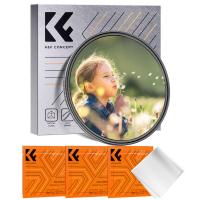
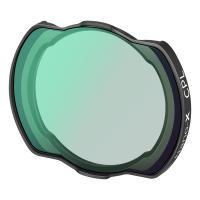
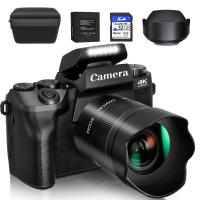
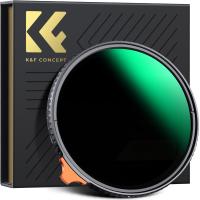
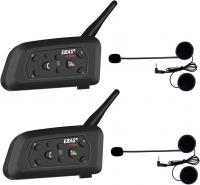

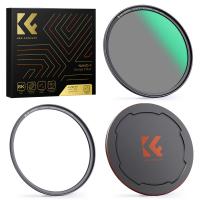
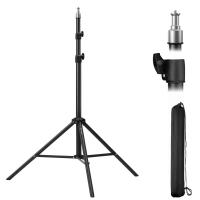
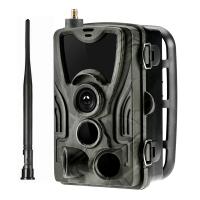
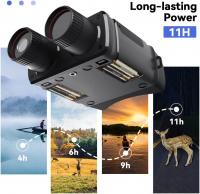
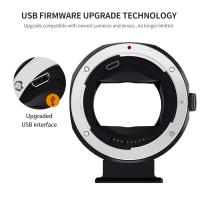
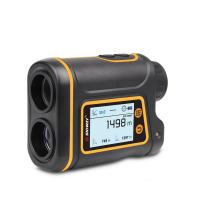
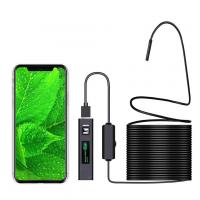
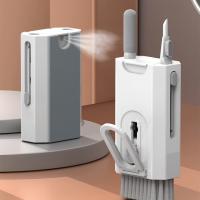
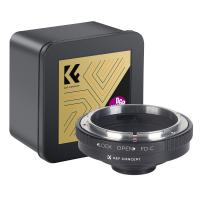
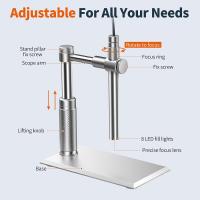
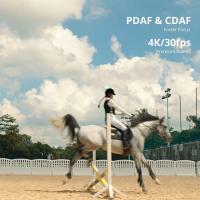
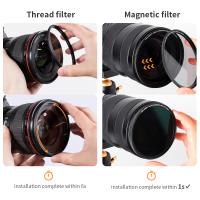
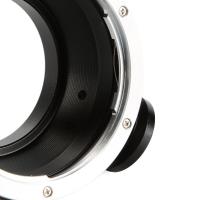
There are no comments for this blog.